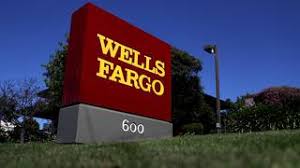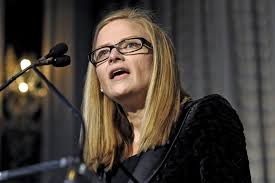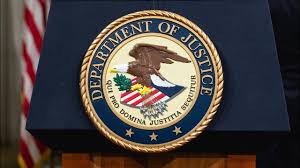Wells Fargo Settles With Justice Department for $3 Billion

This year, 2020, has been an enforcement year opening with billion-dollar settlements: first, Airbus settled FCPA charges for $4 billion, and now Wells Fargo for $3 billion. What a start to an enforcement year!
We all have heard about the Wells Fargo debacle, and I have written repeatedly about Wells Fargo’s blatant misconduct. Wells Fargo has defined itself as a company lead by rotten senior leaders who were committed to making money, greed and ignored any attempt to comply with the law or even demonstrate any care or empathy for its work force.
Now, Wells Fargo is paying a heavy price — $3 billion.
But that should not be the close of this matter – an overarching and significant question still exists – will Carrie Tolstedt and other senior leaders be criminally prosecuted? If yes, we all are looking forward to the indictment(s); if not, Wells Fargo will be a stark reminder again of the failure of Department of Justice to hold senior business executives accountable.
Wells Fargo agreed to pay $3 billion to resolve potential criminal and civil liability from its sales practice misconduct during the period from 2002 to 2016. Wells Fargo’s misconduct involved pressuring employees to meet unrealistic sales goals that caused employees to provide millions of accounts and products (e.g. credit card) to customers under false pretenses or without consent by creating false records or misusing customers’ identities. As a result, Wells Fargo collected millions of dollars in fees and interest to which Wells Fargo was not entitled, harmed the credit ratings of certain customers, and misused customers’ sensitive personal information, including customers’ means of identification.

Wells Fargo entered into a three-year deferred prosecution agreement (Here). Wells Fargo also entered into a civil settlement under the Financial Institutions Reform, Recovery and Enforcement Act of 1989 (FIRREA) based on Wells Fargo’s creation of false bank records (Here). Finally, Wells Fargo entered into a settlement with the SEC for failure to disclose the impact that its unethical and illegal sales practices had on the company and its employees (Here).
Wells Fargo resolved the three matters referenced above by a combined payment of $3 billion. Wells Fargo also settled the civil case for $500 million for payment to harmed consumers.
Wells Fargo’s Community Bank leaders, including Carrie Tolstadt, were aware of the impact that its sales incentives program was having but were committed to continuing the profitable practices.
As outlined in the statement of facts, beginning in 1998, Wells Fargo increased its focus on sales volume and reliance on annual sales growth, with an emphasis on its “cross-sell strategy” to sell existing customers additional financial products. In public statements, Well Fargo reiterated in commitment to sell to customers according to their needs, not according to what Wells Fargo wanted to sell to customers.
In stark contrast, Wells Fargo’s Community Bank implemented a volume-based sales model in which employees were directed and pressured to sell large volumes of products to existing customers, without regard to actual customer need to expected use.
The Community Bank leadership placed extraordinary pressure on thousands of employees which led them to engage in unlawful conduct, including fraud, identity theft and falsification of bank records.
Wells Fargo referred to these practices as “gaming,” which varied widely but included using customers’ identities without their consent to open checking, savings, debit card, credit card, bill pay and global remittance accounts. From 2002 to 2016, gaming practices included forging customer signatures to open accounts, creating PINs to activate unauthorized debit cards, moving money from millions of customer accounts to unauthorized accounts, opening credit cards and bill pay products, altering customers’ true contact information and prevent Wells Fargo employees from reaching customers to conduct customer satisfaction surveys.

The top managers of the Community Bank knew about the unlawful and unethical gaming practices as early as 2002, and they knew the conduct was increasing due to onerous sales goals and pressure from management to meet these goals. Even after senior managers in the Community Bank directly called into question the cross-sell strategy, Community Bank senior leadership refused to alter the sales model.
Even more disturbing, Community Bank senior leadership minimized the problems to Wells Fargo executives and its board of directors by suggesting that the problem was the result of individual misconduct instead of the sales model itself, although if senior executives and the board had inquired beyond these false statements, such an inquiry would have quickly uncovered a glaring problem in the Community Bank division.
















No-one has addressed the possibility of a money laundering scheme to enhance Wells Fargo’s profitability…. with millions of open accounts with no balances, wouldn’t it make sense? Wells Fargo had an agreement with Mexico’s largest banking system to ship cash from their banks in the US to accounts in Mexico. I suspect the cash was also “stored” in these empty accounts. Why don’t we hear more about this activity? It is likely the truth will eventually be exposed when the Statute of Limitations has expired.